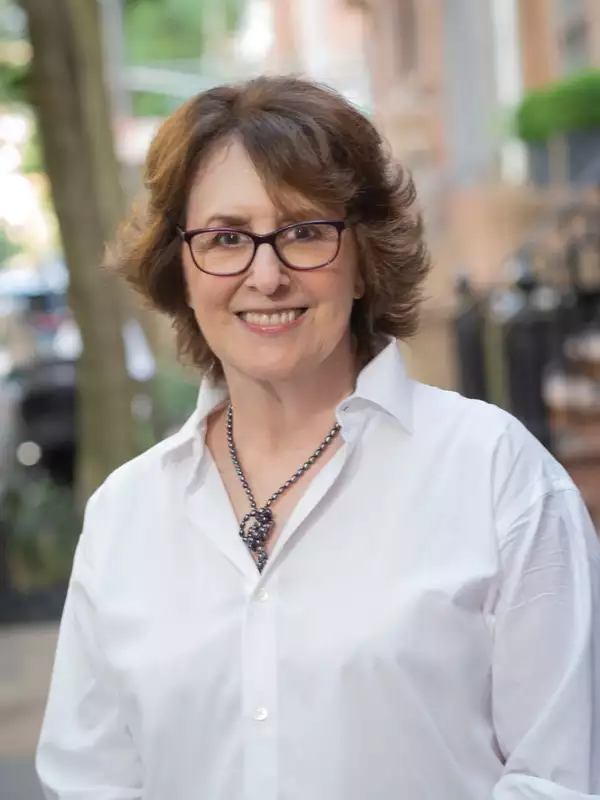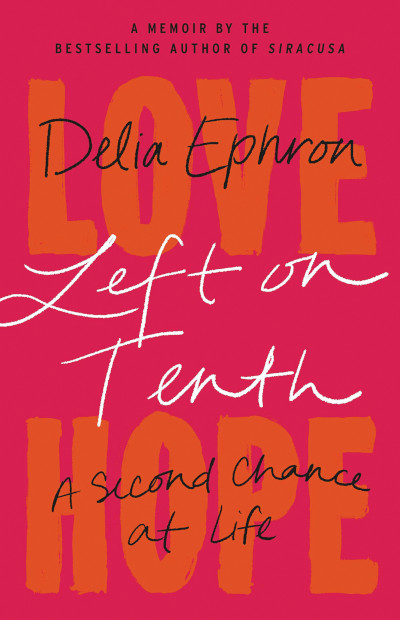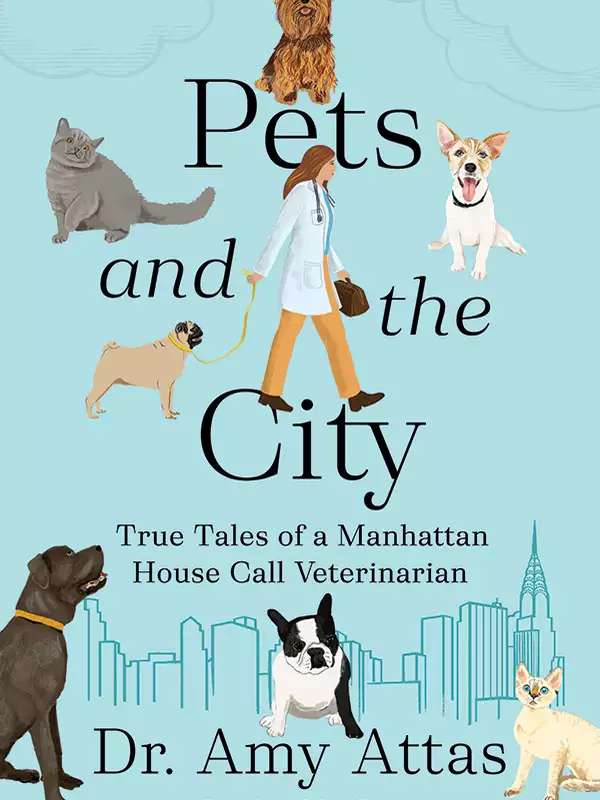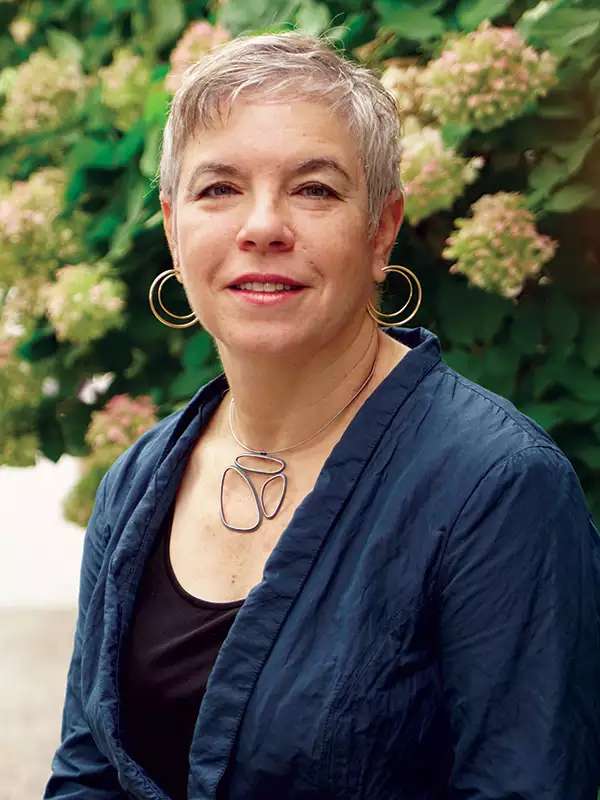
At the center of Delia Ephron’s acclaimed memoir Left on Tenth: A Second Chance at Life is the author’s 2017 stem cell transplant — a brutal treatment, so grueling that it drives this profoundly resilient woman to the very edge of her endurance, challenging her will to live. But with compelling prose and deft narrative technique, Ephron brings readers through it all with her. She weaves a riveting story framed by the loss of her beloved husband Jerry (in the wake of her sister author Nora Ephron’s death) that recounts her painful, perilous, and — finally — wondrous journey. Above all, this story of near-death and survival is a love story.
How does she do it? Ephron’s mastery flows from her decades of writing novels, essays, articles, and screenplays, including You’ve Got Mail, The Sisterhood of the Traveling Pants, and Hanging Up (adapted from her novel). But when Ephron attended Barnard College in the mid-’60s, she majored in history and had little interest in becoming a writer.
Here, Ephron reflects on the turning point that led her to write, falling “madly in love” later in life, and the experience of publishing her deepest personal story.
Left on Tenth has garnered so much attention. What do you make of the reaction?
The nicest thing about this has just been how people have sent me emails, telling me [how they] emotionally connected to my story, but also, they’re telling me their stories. Cancer is out there everywhere, especially when you get older. Everyone has had some sort of bout with it or has lost somebody to it.
I felt very lucky to have these amazing connections. Somebody writes me through my website, and it’s [about] their story. And I guess because my story is so personal, people feel they know me, and they do. So it sort of sets the groundwork for an intimate exchange.
After your illness and treatment, what led you back to writing, and what drew you to
write about your journey?
[After the trauma of having a stem cell transplant], I thought if I don’t ever write again, it’s okay. I’ll be alright. But then, about a year later, my writer’s heart started beating, and I looked at the last four years of my life, which started, I guess, with Jerry’s death. [He was] my husband of many, many, many years. And I am a writer and a novelist and a screenwriter. [Those four years have] everything in a story that you could ever want to write about. There’s loss, there’s love, there’s friendship, there are dogs, there’s illness, survival, great love, great medicine. I don’t think I ever wrote anything this really deep about myself.
The story of your career trajectory is often linked to your late sister, Nora, and your work together, including writing the script for the movieYou’ve Got Mail. How did you develop your writer’s life?
There was a real moment in my late 20s where I suddenly looked at myself and said, ‘What is this, and who are you?’ And I remember saying to my first husband, ‘I think I want to be a writer.’ And this is kind of crazy. My parents are writers. Nora was so successful already. And my [first] husband said to me, ‘I don’t want you to be a writer.’ And I asked why. And he said, ‘Suppose you become famous. I don’t want you to become famous.’ So I said, ‘I promise I won’t be famous.’ This tells you everything you need to know about who I was. I knew I had to leave him. I mean, if someone wants to crush your dreams, it’s best to get out. [That’s when] I went to New York, to the arms of my girlfriends, and I made serious plans. I knew I had enough money for two years. I knew within two years I had to get published in The New York Times because at that time that was the only thing that could change your life. And I knew that I could not spend my time writing for women’s magazines because I knew that wasn’t going to make any difference in my career. Almost two years later, I was down to like $500. I was eating chocolate pudding my way: I was making a little hole in the skin and scooping the pudding out from underneath. I thought, ‘I’m eating like a child.’ And I wrote 500 words about how children eat food. I sold it to The New York Times, and they ran it on the back page of the [Sunday] magazine, and my phone started ringing off the hook. I was offered a book contract on Monday.
Do you have advice for a Barnard student or really anyone who wants to be a writer?
You always have to lead from your heart. It’s about understanding who you are and what you really want to write about. And that is what will make you a writer who tells your own stories.
A big part of Left on Tenth is the kismet surrounding falling in love with your current husband, Peter, after the loss of your beloved second husband, Jerry. Your connection to Peter stemmed from a series of remarkable coincidences and your sister Nora. Any advice for finding true love later in life?
I absolutely don’t know how one goes about that. Except I do think I must have been open to it. I think it’s about really trying to recognize what you know about yourself now and what you’re wise enough to understand about another person.




